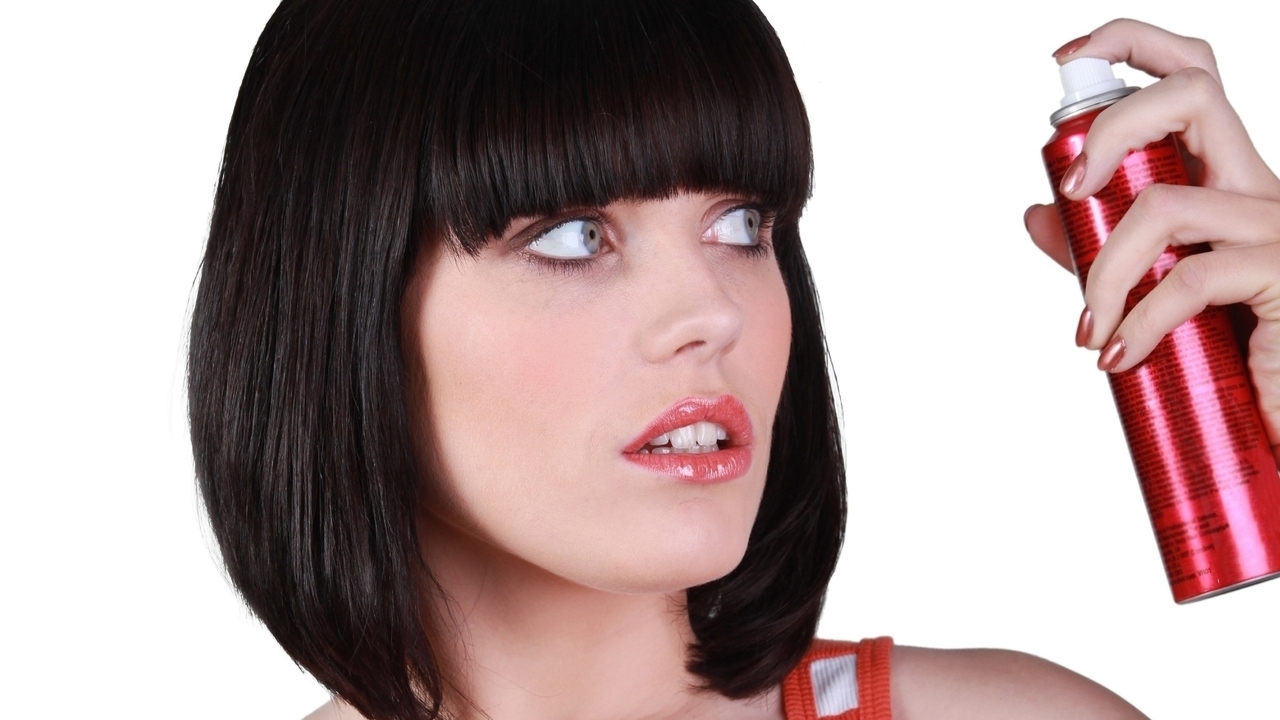 Auremar/PhotoSpin
Auremar/PhotoSpin
When a women goes through menopause before the age of forty then she is considered to have gone through early menopause. This process normally happens to women in their fifties or older.
Menopause is the time when women stop having their periods so they are no longer able to bear children. Menopause, as defined by the Mayo Clinic, is the permanent end of menstruation and fertility, defined as occurring 12 months after your last menstrual period.
One of the reasons why a women might go through early menopause can be from medical treatments.
Chemotherapy and radiation often damage eggs. So young women that are faced with these treatments may decide to have their eggs removed prior to treatment, if they plan to have children.
There are also genetic factors and lifestyle factors that can affect ovulation and menopause, as well. This includes autoimmune diseases including rheumatoid arthritis or thyroid disease. These can impact the female hormone ratios and production in the body.
Women should also talk with their mothers about history of genetic diseases to see if they need to do extra testing for fertility problems.
Another factor that you might not be aware of are environmental factors. Yes, I said environmental — due to chemicals that are found in our every day environment. There are chemicals we use as part of our daily life that can interfere with our female hormonal balance and causing early menopause for some women.
We know that smoking is not good for your health, especially your lungs. Now we know it can impact your eggs as well. Chemicals found in cigarette smoke accelerate egg damage and loss.
Endocrine-disrupting chemicals can interfere with our hormonal balance by activating receptors on our cells. Chemicals found in plastics, personal care products, and common household products can have these chemicals in them. Examples of personal care products that can be potentially hazardous are lotions, makeup, nail polish, perfumes and hairspray.
A new study from Washington University School of Medicine in St. Louis, in Missouri, found that women whose bodies have high levels of endocrine-disrupting chemicals will go into menopause two to four years earlier than women with lower levels of these chemicals.
Chemicals like phthalates, polychlorinated biphenyls (PCBs), and pesticides have been found to be harmful to ovarian functions. Microwaving your foods in plastics instead of glass can leach plastics into our foods.
Menopause is a time when women no longer are able to fertilize eggs and have children. If that is a goal you have for your life, it is important to see if any of these factors could play a role in your fertility or cause you to go into menopause early.
If you have questions, get answers and get help.
Live Vibrantly,
Dr. Dae
Dr. Dae's website: www.healthydaes.com
Dr. Dae's book: Daelicious! Recipes for Vibrant Living can be purchased @ www.healthydaes.com
Dr. Dae's Bio:
Dr. Daemon Jones is your diabetes reversal, hormones, metabolism and weight loss expert. Dr. Dae is a naturopathic doctor who treats patients all over the country using Skype and phone appointments. Visit her or schedule a free consultation at her website www.HealthyDaes.org
Sources:
Menopause in Your 30s: Nine Things That Can Age Your Ovaries. Retrieved May 20, 2015.
http://www.huffingtonpost.ca/dr-angeline-beltsos/early-menopause-causes_b_6940698.html
"Menopause - MayoClinic.com." Mayo Clinic. Web. 20 May. 2015.
http://www.mayoclinic.com/health/menopause/DS00119
Persistent Organic Pollutants and Early Menopause in U.S. Women. Retrieved May 20, 2015, from
http://journals.plos.org/plosone/article?id=10.1371/journal.pone.0116057
Reviewed May 20, 2015
by Michele Blacksberg RN
Edited by Jody Smith






Add a CommentComments
There are no comments yet. Be the first one and get the conversation started!